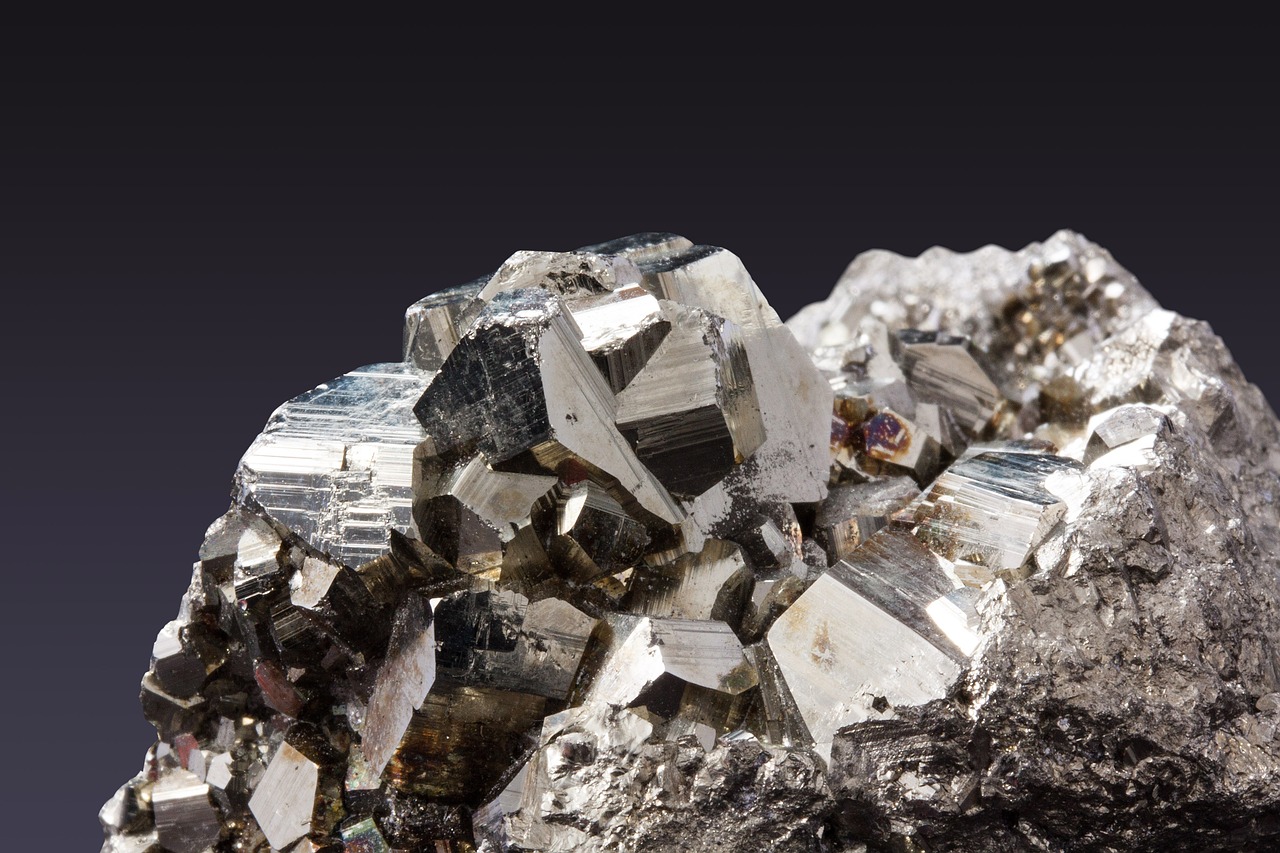When it comes to skincare, the quest for radiant, healthy skin is a common pursuit. Achieving this often involves navigating a labyrinth of products and ingredients, each promising various benefits. Two such ingredients that have gained immense popularity in recent years are niacinamide and zinc. Alone, they offer an array of skin benefits, but when used together, their synergistic effects can be remarkable. In this article, we’ll delve into the extensive advantages of using niacinamide and zinc together. From relieving sensitive skin to minimizing dark spots, improving skin elasticity, increasing skin protection, and reducing skin irritation, these dynamic duo ingredients have a lot to offer.

Niacinamide and Zinc Benefits for Skin
Relief for Sensitive Skin
Sensitive skin can be challenging to manage, with symptoms like redness, itching, and burning being all too common. Niacinamide, also known as vitamin B3, is known for its soothing and anti-inflammatory properties. Zinc, on the other hand, has been a trusted remedy for various skin conditions. Together, they create a formidable combination for calming sensitive skin.
Niacinamide helps improve the skin’s natural barrier function, reducing water loss and preventing irritants from penetrating. This not only hydrates the skin but also makes it more resilient against environmental stressors. Zinc’s anti-inflammatory properties further soothe sensitive skin, making it a great choice for those with conditions like rosacea or eczema.
Minimized Dark Spots
Dark spots, also known as hyperpigmentation, can result from various factors such as sun exposure, acne scars, and hormonal changes. Niacinamide is known for its skin-lightening properties, as it inhibits the transfer of melanin (the pigment responsible for skin color) to the skin’s outer layers. Additionally, it reduces inflammation, which is often associated with post-inflammatory hyperpigmentation, such as acne scars.
Zinc complements niacinamide’s effects by acting as a sunblock, shielding the skin from harmful UV radiation, which can exacerbate existing dark spots. These combined benefits can lead to a more even skin tone and reduced hyperpigmentation over time.
Improved Skin Elasticity
As we age, our skin’s elasticity begins to diminish, leading to sagging and the formation of fine lines and wrinkles. Niacinamide plays a key role in combating these signs of aging. It stimulates the production of collagen and ceramides, two essential components that maintain skin’s firmness and moisture levels.
Zinc, in turn, aids in tissue repair and growth, contributing to the overall health of the skin. By using niacinamide and zinc together, you can experience a potent boost in your skin’s elasticity, resulting in a more youthful and supple appearance.
Increased Skin Protection
Protecting the skin from environmental aggressors is crucial in maintaining its health and appearance. Niacinamide has antioxidant properties that protect against oxidative stress, which can lead to premature aging. It also supports the skin’s natural repair mechanisms, making it more resilient to damage.
Zinc further reinforces this protection. It acts as a physical barrier against harmful UV rays and pollutants, reducing the risk of sunburn and skin damage. The combined effects of niacinamide and zinc create a comprehensive shield for your skin, helping it withstand the challenges of everyday life.
Reduced Skin Irritation
Skin irritation can be a result of various factors, including environmental triggers, allergies, and inflammation. Niacinamide’s anti-inflammatory properties are well-documented, making it an ideal candidate for reducing skin irritation. It calms redness and itching while enhancing the skin’s overall comfort.
Zinc, with its soothing properties, complements niacinamide’s action. When applied together, they work harmoniously to alleviate irritation and help the skin regain its natural balance. This combination is especially valuable for individuals with conditions like acne, eczema, or dermatitis.
Niacinamide and Zinc Benefits for Acne
Acne Management
Acne is a common skin concern that affects people of all ages. Niacinamide and zinc, when combined, can offer a comprehensive approach to acne management. Niacinamide regulates sebum production, one of the key factors contributing to acne development. By reducing sebum production, it helps prevent clogged pores and the formation of acne lesions.
Zinc’s antimicrobial properties are also essential in the fight against acne. It helps to reduce the growth of acne-causing bacteria, such as Propionibacterium acnes. Additionally, zinc can accelerate the healing process of acne lesions, minimizing the risk of post-inflammatory hyperpigmentation.
Oil Control
Excessively oily skin can be a precursor to acne, as it creates an environment conducive to clogged pores and bacterial growth. Niacinamide regulates the production of sebum, the skin’s natural oil. By doing so, it helps control excessive oiliness, leading to a reduction in breakouts and a mattified complexion.
Zinc acts as a physical barrier on the skin, which not only protects it from external aggressors but also helps control oil production. When niacinamide and zinc are combined, they offer a powerful solution for controlling oil production and preventing acne.
Niacinamide and Zinc Side Effects
While niacinamide and zinc are generally well-tolerated by most individuals, it’s essential to be aware of potential side effects and precautions:
- Allergic Reactions: Allergic reactions to niacinamide and zinc are rare, but they can occur. Before using any new skincare product, it’s advisable to perform a patch test to ensure you don’t have an adverse reaction.
- Dryness: Excessive use of niacinamide can lead to dryness or peeling of the skin. It’s essential to start with a lower concentration and gradually increase it as your skin tolerates it.
- Zinc Oxide Residue: Some zinc-based sunscreens can leave a white residue on the skin. While this is cosmetic and temporary, it may not be aesthetically pleasing for all skin tones. Choosing a sunscreen with micronized or nano-sized zinc oxide particles can help minimize this issue.
Conclusion
Niacinamide and zinc are two remarkable ingredients in the realm of skincare, offering a plethora of benefits individually. However, when combined, their synergistic effects become even more potent. From soothing sensitive skin to minimizing dark spots, improving skin elasticity, increasing skin protection, and managing acne, this dynamic duo has much to offer.
When incorporating niacinamide and zinc into your skincare routine, it’s essential to choose products that suit your skin type and concerns. Additionally, consistency is key. With time, you can expect to see noticeable improvements in the health and appearance of your skin. Remember to consult a dermatologist or skincare professional if you have specific concerns or underlying skin conditions to ensure you’re using these ingredients safely and effectively.





